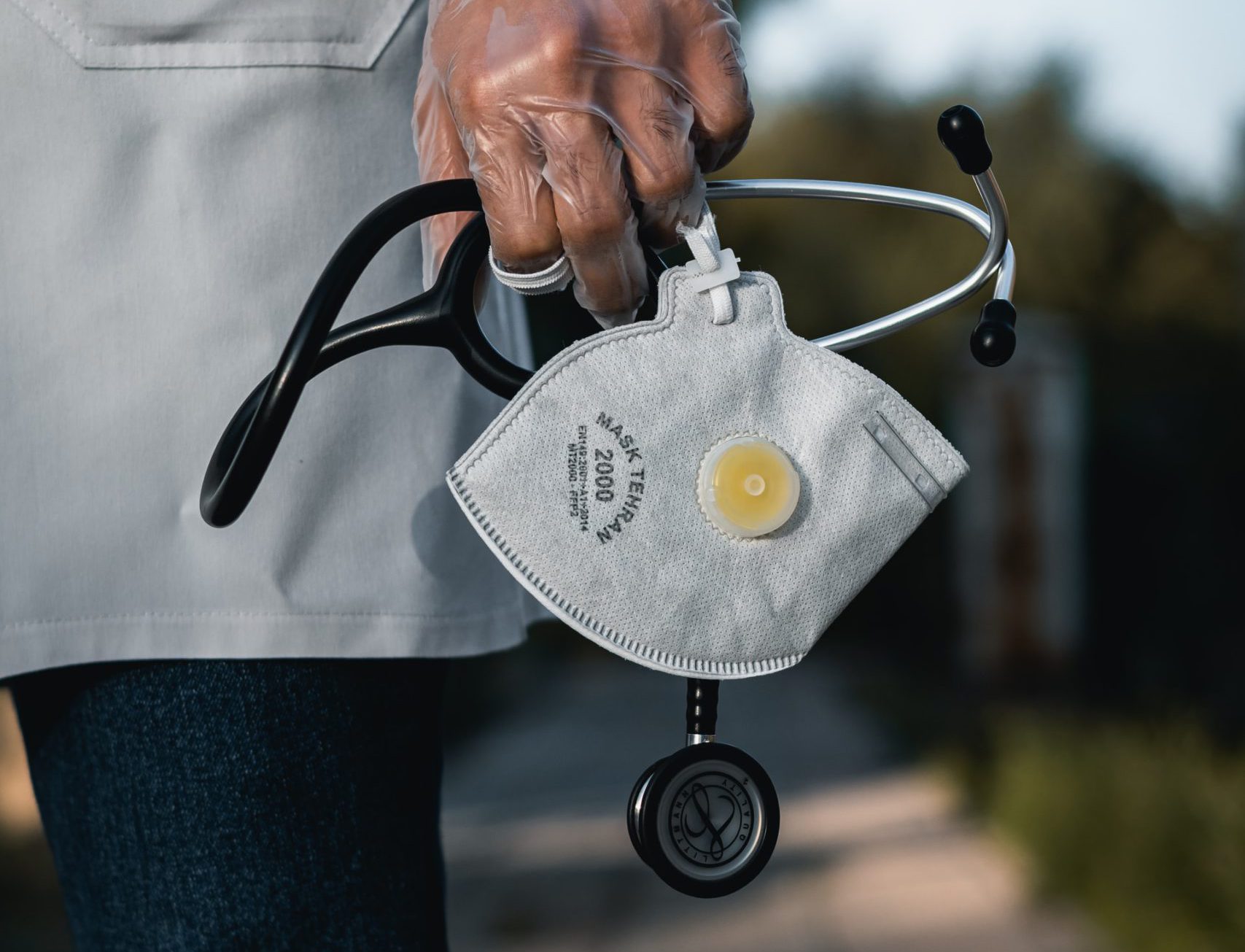Engineers at MIT and Harvard Universities have designed a new face mask which they say can diagnose the wearer with COVID within 90 minutes through tiny, disposable sensors.
The sensors, which can be fitted into other face masks, and could be adapted to detect other viruses, are based on freeze-dried cellular machinery which was previously developed for use in paper diagnostics for viruses like Ebola and Zika.
Aside from face masks, the new study found that sensors could be incorporated into clothing like lab coats.
“We envision that this platform could enable next-generation wearable biosensors for first responders, health care personnel, and military personnel”, commented James Collins, Professor at MIT and senior author of the study.
The sensors are designed so that they can be activated by the wearer at an appropriate point, when they are ready to perform the test.
When the test is complete, the results are only displayed on the inside of the mask, allowing for user privacy.
The mask includes a small reservoir of water, which is released at the push of a button when the wearer is ready to perform the test.
Subsequently, the freeze-dried components on the inside of the sensor which analyse breath droplets on the inside of the mask are hydrated, producing a result within 90 minutes.
The test is described by Harvard University Research Scientist Peter Nguyen as having the sensitivity of the “gold standard”, “highly sensitive PCR tests”, while working as fast as the antigen tests that are used for quick analysis of COVID.
Inflation risk re-surging as tensions heat up between Israel and Iran
Oil and gold prices jumped after the latest strike by Israel
WATCH: Rare torrential rain in Dubai wreaks havoc and causes major disruption
Flooding hits shopping malls, destroying stock
Spain to end ‘golden visa’ scheme over property market impacts
While countries are slowly banning the practice, Malta remains firm in keeping the scheme alive






